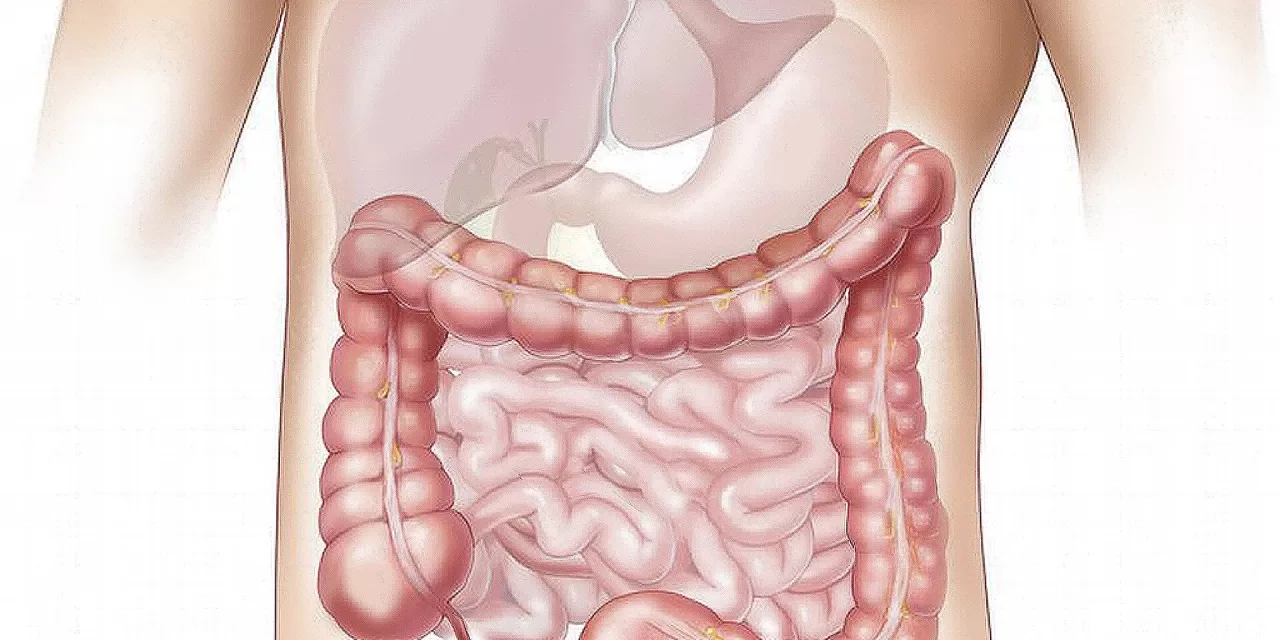A groundbreaking study involving more than half a million women in the UK has revealed that dietary calcium significantly reduces the risk of colorectal cancer. The research, funded by Cancer Research UK (CRUK) and conducted over nearly 17 years, highlights the critical role of a healthy, balanced diet in lowering cancer risk.
Colorectal Cancer: A Global Concern
Colorectal cancer ranks as the third most common cancer worldwide, with higher incidence rates in high-income countries. Notably, individuals migrating from low- to high-incidence areas face an increased risk, underscoring the influence of lifestyle and environmental factors on the disease’s development. While alcohol and processed meats are established risk factors, the impact of other dietary elements has remained unclear due to limited research and measurement challenges.
Study Overview
To bridge these knowledge gaps, a team led by the University of Oxford tracked the dietary habits of 542,778 women from 2001 for an average of 16.6 years. Over this period, 12,251 participants were diagnosed with colorectal cancer. The study analyzed 97 dietary factors using comprehensive questionnaires and online dietary assessments.
Women diagnosed with colorectal cancer were generally older, taller, had a family history of bowel cancer, and engaged in more adverse health behaviors than the overall group.
Calcium’s Protective Role
Among the 97 dietary factors studied, calcium intake exhibited the strongest protective association. Researchers found that each additional 300 mg of calcium per day—equivalent to a large glass of milk—was linked to a 17% reduction in relative risk (RR) of colorectal cancer. Notably, the protective effect of calcium was independent of dairy milk consumption. The study concluded that the observed benefits of dairy products against colorectal cancer are driven primarily by calcium.
Additional dairy-related factors, including yogurt, riboflavin, magnesium, phosphorus, and potassium, were also inversely associated with colorectal cancer risk. Other weaker protective associations were noted for breakfast cereal, fruit, whole grains, carbohydrates, fiber, total sugars, folate, and vitamin C. However, researchers cautioned that these associations might reflect confounding factors.
Alcohol and Processed Meats Confirmed as Risks
As anticipated, alcohol consumption showed a significant inverse association with colorectal cancer risk. Each additional 20 g of alcohol per day—approximately one large glass of wine—was linked to a 15% increase in RR. Similarly, an additional 30 g of red and processed meat per day was associated with an 8% higher RR for colorectal cancer. These findings reinforce the established risks of alcohol and processed meats in cancer development.
Expert Insights and Cautions
Tom Sanders, professor emeritus of nutrition and dietetics at King’s College London, explained that calcium might bind to free bile acids in the gut, neutralizing their harmful effects on gut mucosa. Additionally, lactose in milk may influence gut microflora, potentially reducing cancer risk.
However, Dr. David Nunan, senior research fellow at the University of Oxford’s Centre for Evidence-Based Medicine, emphasized the limitations of observational studies, noting potential biases that can inflate associations. He called for randomized controlled trials to confirm causation and strengthen the findings.
Implications for Public Health
The study, published in Nature Communications, reinforces the importance of dietary calcium and a balanced diet in reducing colorectal cancer risk. With colorectal cancer being a major global health concern, these findings offer valuable insights for dietary recommendations and cancer prevention strategies.











